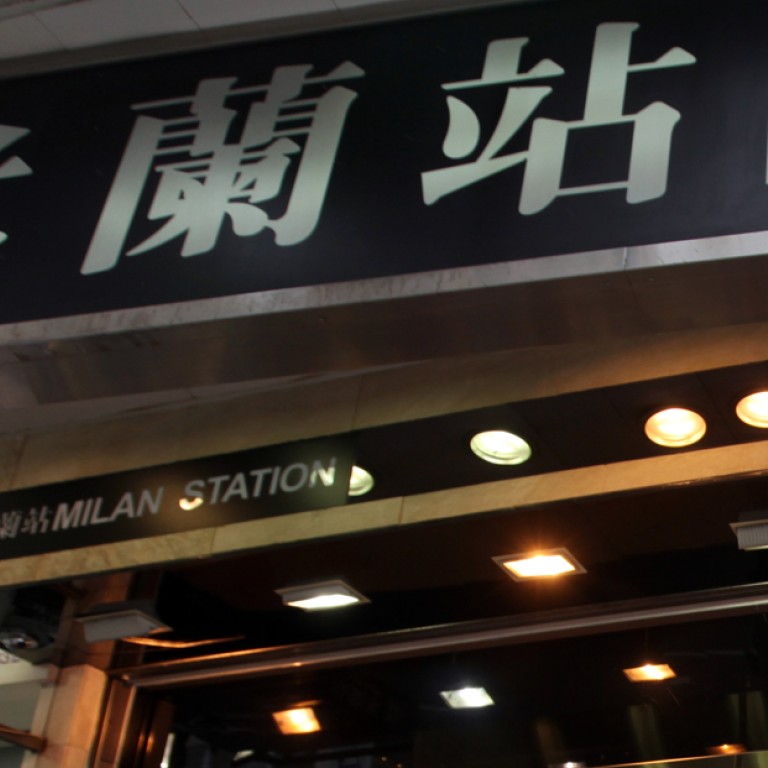
Get the right ingredients and serve up a winning IPO dish
Both Magnum and Milan Station have what it takes to draw investors to their listings, but doubts are growing over their business model
Nightclub operator Magnum Entertainment is the talk of the town. Cooking such a red-hot initial public offering is no easy task. You need the right ingredients.
Magnum and the former listing record holder Milan Station are some of the best dishes in this art. They were oversubscribed 3,559 and 2,197 times respectively.
How to cook?
First, it has to be scarce, if not exotic. Both Magnum and Milan Station are the only listed companies in their industry. Magnum is in clubbing while Milan Station trades used designer handbags. Scarcity gets the eyeballs, makes comparison impossible and brings you media attention.
Second, it has to be well-known and visible. While the young and hip party in Magnum's clubs, those who can't afford to read about who is kissing who there on the gossip pages. Milan Station used to be where office ladies in town got their first Prada or Gucci.
"Aunties and uncles, not the fund managers, make an IPO churning hot," said one veteran investment banker.
Third, the size of the fundraising must be nimble. Magnum's offering was only HK$126 million and Milan Station's was HK$213 million, excluding holdings by cornerstone investors.
The smaller the offering, the greater the expectation of oversubscription and the higher the subscription. The less available a stock is, the easier it is to boost the price in the first few hours of trading, also leading to higher subscriptions.
Why cook it?
Well, when you are selling a shop that doesn't really have a sustainable business model, you'd better make sure everyone sees it as a must-have. Then, nobody will read your prospectus and numbers.
Magnum's business is about operating three nightclubs and selling liquor at a fat premium, but barely bringing in sufficient profit for a listing. How loyal the young and hip will be to a club is anyone's guess. At the same time, its leases and bar licences are coming to an end in the coming year or two.
As for Milan Station, its chairman summed it up as: "Buy a used handbag - which is originally priced at HK$70,000 when new - for HK$90,000 and then sell it at HK$110,000 or HK$120,000." It needs some brains to make sense out of this.
That is perhaps why both have happily forked out about a quarter of the funds they raised to bankers, accountants, lawyers and media relations people. That's more than they were earning in the last financial year before their listings.
And let's not forget the fame that comes with the listing. In the financial world, fame is money. Commercial bankers will happily shower you with cheap loans and services that were once beyond your reach as soon as your shop is listed. The more famous you are the better.
Fame also brings you friends. Hong Kong Exchanges and Clearing chief executive Charles Li Xiaojia and then chairman Ronald Arculli attended Milan Station's listing ceremony. That used to be a treat for a mega flotation. Magnum has the father of Lan Kwai Fong, Allan Zeman, talking about business collaboration at its celebration party.
Then, there is the ultimate jackpot that comes from the sale of listed status. Thanks to a new law that makes sponsors criminally liable for a faulty prospectus and the backlog of listings on the mainland, the price tag for a listed shell has recently rocketed from HK$300 million to HK$500 million.
Both Magnum and Milan Station will make attractive shells. They have a single shareholder holding more than a 70 per cent stake, a single and simple business that is easy to check for the shell buyer, no physical assets and a low gearing to dispose of.
What next?
has no crystal ball on Magnum. Milan Station is quite telling though. Shares in the handbag trader, which rose 66 per cent on the first day of trading, fell below their offering price within three months.
Eleven months after its listing, Milan Station issued a profit warning. It lost HK$13.9 million in 2012 after making a HK$53.7 million profit in 2011, pointing to poor sales and increased rent and administration costs.
Ten days before announcing the loss, independent director Stephen Ip Shu-kwan, the former secretary for economic services who promised to contribute 30 to 40 hours to the firm, resigned because he needed more time for other commitments. Another independent director was gone within days.
In the meantime, the company struck some joint-venture deals and bought an office, draining cash on hand from almost HK$200 million to HK$82 million.
In November last year, it said a buyer was negotiating for its controlling stake. This week, it said the negotiation had flopped but another buyer had turned up. Yesterday, the stock was trading at 94 HK cents, 66 per cent below its first-day price.
By the way, Li did not attend Magnum's listing ceremony. Neither did the bourse's chairman. Was it because they were too busy or because the aftertaste of Milan Station still lingered?

